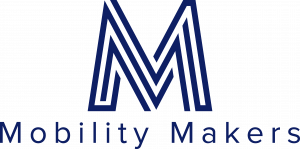During the 2025 MobilityData Workshop, we met with Michael Jacklin, Director of External Relations at Ito World, a public transit data management company working with leading journey planners and transport authorities around the world. Ito World combines innovative products with professional services to help agencies deliver consistent, reliable passenger information — a cornerstone of modern mobility.
For Michael, the mission is clear: get passenger information right, every time, so that more people feel confident leaving their cars behind and choosing public transport. Accurate data isn’t just technical — it’s fundamental to sustainability, efficiency, and trust.
The challenges facing public transport today: funding, people, and change
When asked about the most pressing issues shaping the industry, Michael identified three:
- Funding constraints
Multimodal transport is central to modern mobility policy, but delivering it requires coordinated local investment — often difficult in financially strained contexts.
- Winning hearts and minds
Many travelers intellectually understand the benefits of public transport, but shifting habits requires emotional connection too. To increase ridership, the sector must inspire as much as it informs.
- Managing rapid change
From electric fleet rollouts to AI-driven operations and shifting traveler expectations, agencies face unprecedented transformation. “A transit manager told me this is the most challenging — and the most exciting — time in his long public transit career.”
Why international data standards are the backbone of modern transit
Public transport networks are both physical systems and digital systems. And in the digital layer, data is the lifeblood. With countless suppliers, software platforms, and data producers interacting at all times, interoperability is only possible through strong international standards. Michael emphasizes that these standards must accurately represent the real-life experience of passengers — delays, disruptions, and complex travel situations — while flowing seamlessly across machine-to-machine interfaces. When data standards work well:
- The ecosystem welcomes more developers
- Innovation accelerates
- New services emerge quickly
- Passengers experience smoother, more accurate information
Opening the ecosystem: why accessibility and open data matter
Passenger information is only useful when it reaches as many travelers as possible. And that means making transit data easy to access for both specialists and non-specialists. Michael highlights how formats like GTFS and GBFS have lowered barriers for developers: “They allow non-data specialists to understand and use transit data easily — and bring it into apps that millions rely on.”
Combined with the open data movement, this accessibility has enabled global consumer platforms — Google Maps, Apple Maps, Citymapper — to integrate public transport deeply and consistently. This is how transit becomes visible, understood, and truly usable.
MobilityData’s role: governance, advocacy, and community
Ito World is a founding member of MobilityData, giving Michael a long-term perspective on the organization’s evolution and growing impact. He sees three pillars in its contribution to the industry:
Governance of GTFS and GBFS: Ensuring the specifications evolve smoothly, incorporate community needs, and remain aligned with real-world requirements.
Advocacy and cross-standard collaboration: Bringing together developers working with GTFS/GBFS, NeTEx, and SIRI — and encouraging a more unified ecosystem.
A vibrant global community: Events like the Paris workshop highlight MobilityData’s role in connecting North American and European communities, fostering shared learning and advancing standards for passengers worldwide. “It’s a thriving, interesting group that helps the whole industry move forward.”
A final note on mobility: walking and the top deck of a bus
When asked about his favourite mode of transportation, Michael couldn’t limit himself to one. Walking offers a slower, more grounded way to reconnect with the world.
And riding on the top deck of a double-decker bus brings both childhood nostalgia and a unique vantage point over the city. Two modes that, in different ways, remind us why improving mobility matters: because it shapes how we live, move, and experience everything around us.

